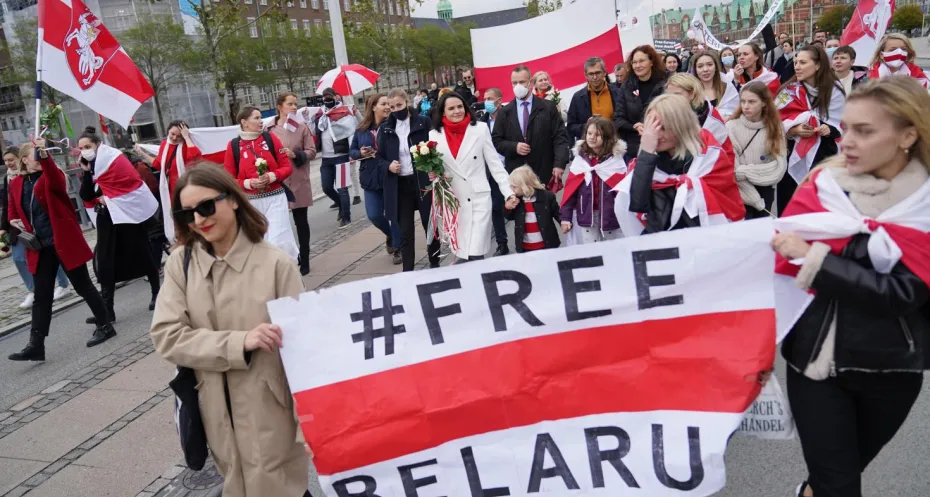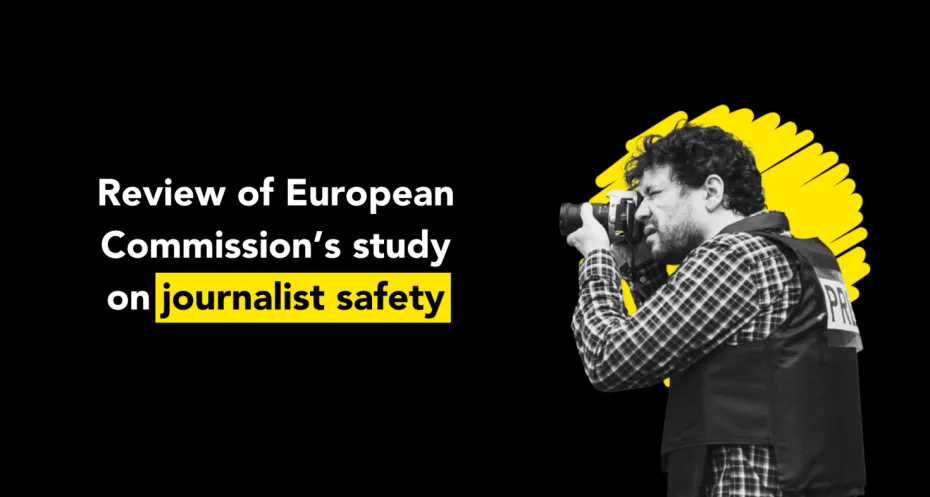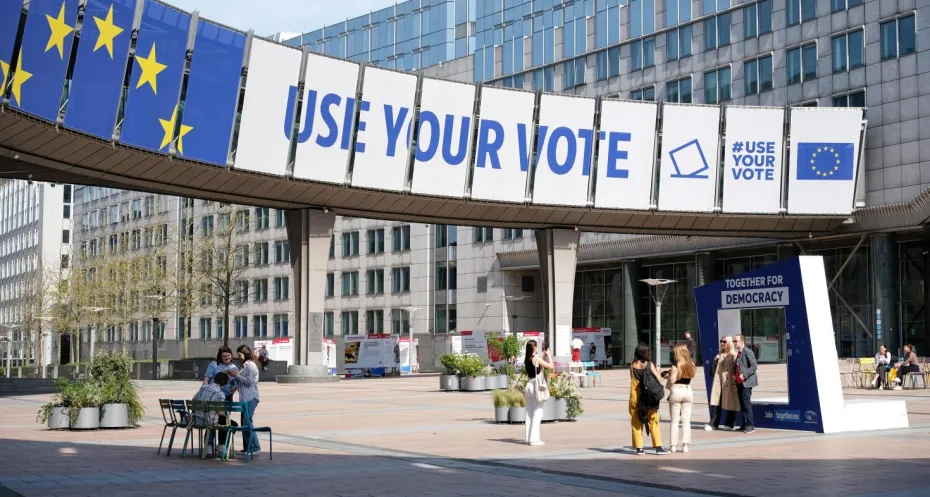Climax in campaign against media freedom in Belarus: hijacking a plane to arrest a journalist

What came as a shock to many people across the world, is viewed by the press freedom community as the outrageous climax of a broader campaign against media freedom that has been ongoing for the last 10 months in Belarus. The hijacking of a plane and kidnapping of journalist Roman Protasevich demands from the Western governments to act on their geopolitical ambitions. This level of repression and bold actions by an authoritarian actor clearly cannot be dealt with through usual diplomatic approaches.
With an outrageous move, the hijacking of a civilian plane in order to arrest a journalist, the Belarusian authorities have managed to get the world's attention again. After 10 months of repression of its people, the regime apparently considered this to be an acceptable action in its strive to stifle all criticism. But how did it get so far?
Since August 2020 more than 30,000 people have been arbitrarily detained, including more than 500 journalists. The crackdown on media has resulted in 34 journalists behind bars and more than 20 websites blocked with the biggest portal Tut.by under criminal investigation. Before his arrest, Roman Protasevich was already on the wanted list for the role his media outlets played in the coverage of Belarus protests. And he is not the only one. Several journalists have been the target of criminal charges, including two TV journalists, Daria Chultsova and Katsiaryna Andreyeva, who were sentenced to two years in prison for “organizing activities that violate public order” in February.
The arrest is not a separate incident
It is clear that Lukashenko will not back down. On May 24, he signed a law that will be effective in one month's time to restrict the media space even more, including the possibility for the Information Ministry to shut down media outlets without approval by a court. It also bans news media from reporting live on unauthorised mass gatherings and extends the right to block and censor websites to local prosecutors. Authorities have voiced plans to introduce ‘foreign agent’ laws copied from Russia and to punish anyone subscribing to informational resources they label ‘extremist’.
The hijacking of the plane is just another step in a massive attack on press freedom and should not be treated as a separate incident. Responding to this event therefore requires a strong commitment to defend the space for media freedom in Belarus.
Call to the international community
We urge the international community to make respect for press freedom conditional in all your demands towards Belarus. The release of political prisoners that include journalists is simply not enough: the whole media sector is under threat. If media disappear, there will be no one to bring us the news about further grave violations of Belarusians’ lives. People need access to reliable information.
We also urge you to keep the interests of the Belarusian people at the center in all steps taken. Many of whom have showed their yearning for change over the last 10 months, despite the brutal repression. To close the European airspace to Belarus means that many people who have dared to challenge the regime are trapped now.
Addressing the Russian and Belarusian alliance
On a longer term, a geopolitical approach means that we cannot be dependent on Russian gas and at the same time allow Kremlin to strong arm the Belarusian regime to play down its authoritarian tactics. The alliance between Russia and Belarus authorities to combat press freedom should be addressed with a variety of economic and political measures. Otherwise, the space for freedom of expression in this vital part of the Eurasian continent will shut down irreversibly.



